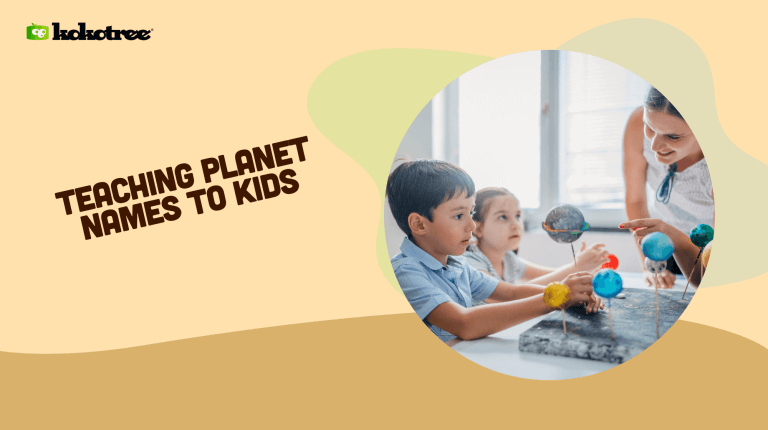

Teaching kids about space should be fun, not another chore that makes you want to hide in the bathroom. I’ve been there – trying to explain massive gas giants to a 4-year-old who’s more interested in their juice box. But after years of trial, error, and plenty of space-themed meltdowns, I’ve figured out what actually works.
Here’s the thing: Kids between the ages of 3 and 6 are like little sponges. Sure, they might eat crayons occasionally, but they’re also amazing at soaking up new information. Plus, it’s way easier to teach them about space now than when they’re teenagers and think everything you say is “totally cringe-worthy.”
No, you don’t need a $500 telescope or a PhD in astrophysics. Trust me on this one. Here’s what actually helps:
Remember when your kid thought the moon was following them? Start there! Build on stuff they already know:
Ok, full disclosure – I still use “My Very Educated Mother Just Served Us Nachos” to remember planet order. And I’m a grown adult. It works. Don’t judge.
But here’s what each planet is really like:
Some days your kid will be a tiny Einstein. Other days they’ll insist planets are made of cheese. Roll with it. Try:
Like regular bingo, but with planets. And yes, someone will probably eat the markers.
Warning: Your first attempt at clay planets might look more like space potatoes. That’s fine. Modern art museums are full of worse stuff.
Because sometimes kids need to move or they’ll literally bounce off the walls:
Look, some space books are about as exciting as watching paint dry. These ones aren’t:
For Little Ones (3-5):
For Bigger Kids (6-8):
Let’s be realistic. Some days you’ll do amazing space projects. Other days you’ll be happy if everyone’s wearing pants. Both are fine. Try:
Your kid is getting it when:
Some days you’ll feel like a NASA scientist. Other days you’ll wonder if your kid thinks stars are just holes in the sky. Both are perfectly normal. The important thing is you’re trying, and honestly, that’s more than enough.



